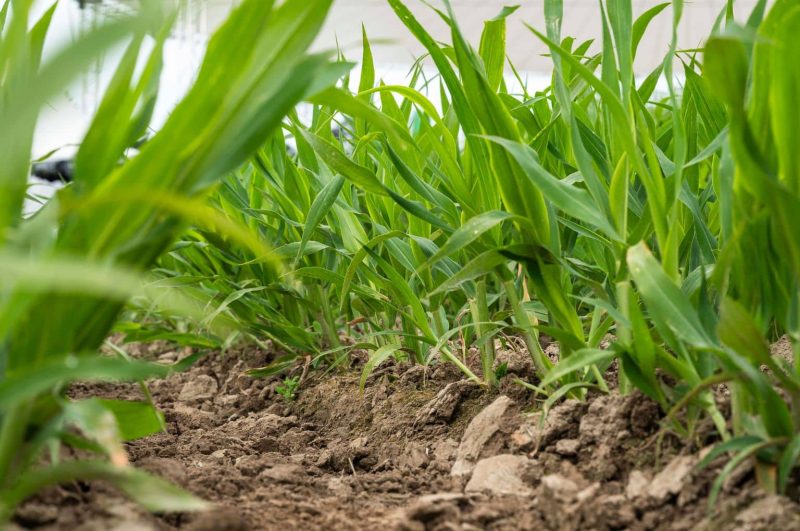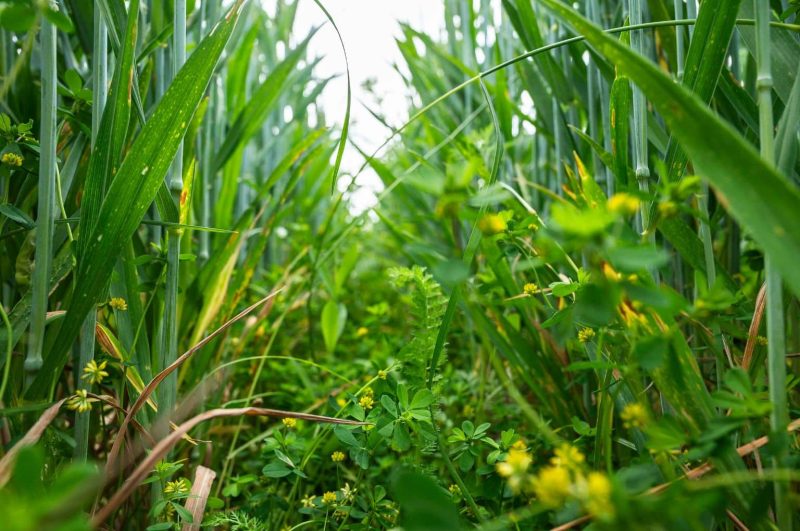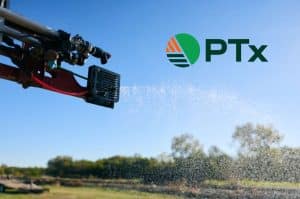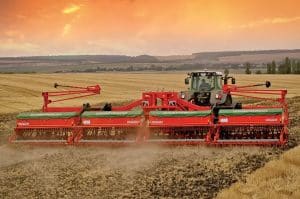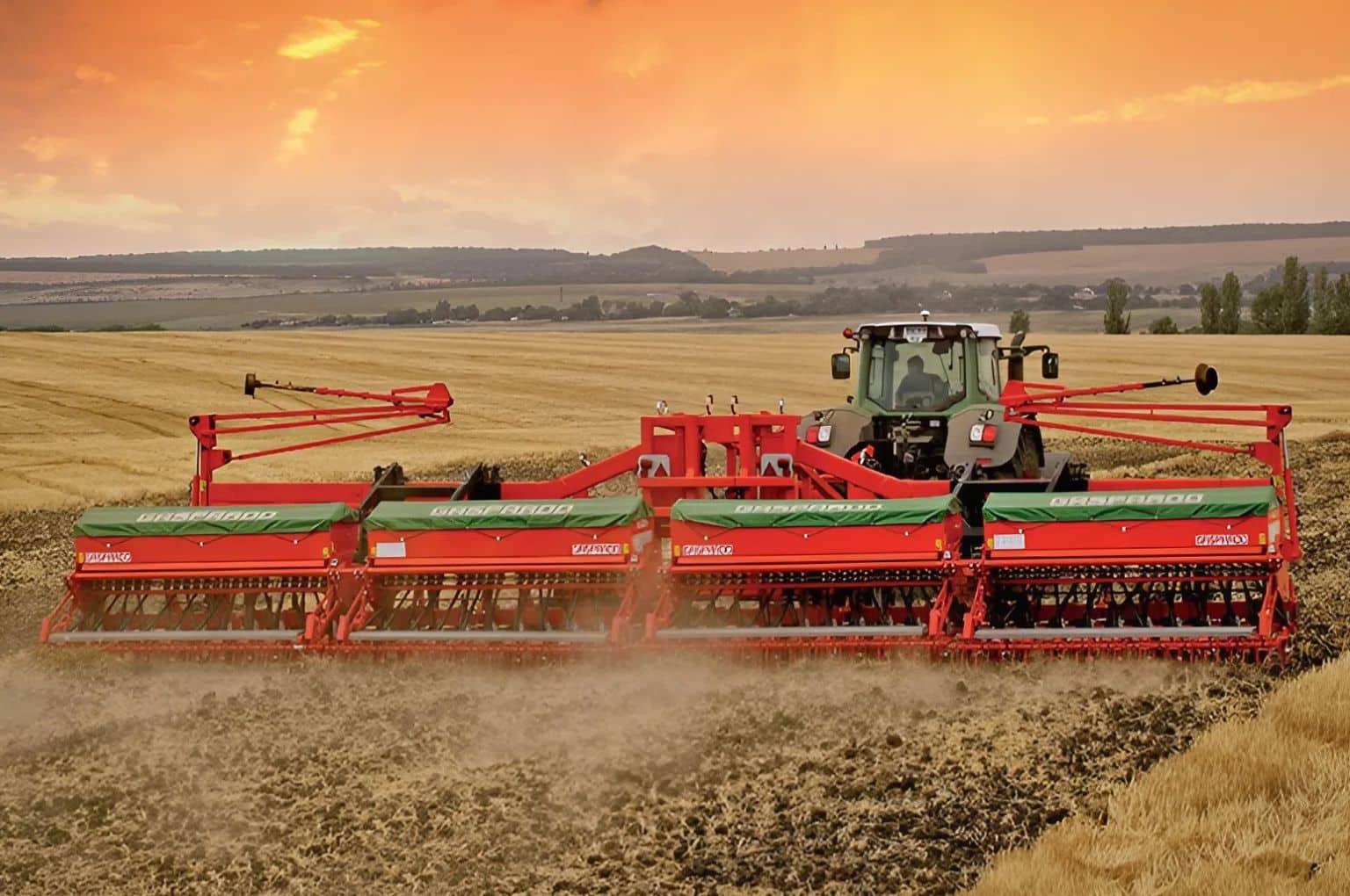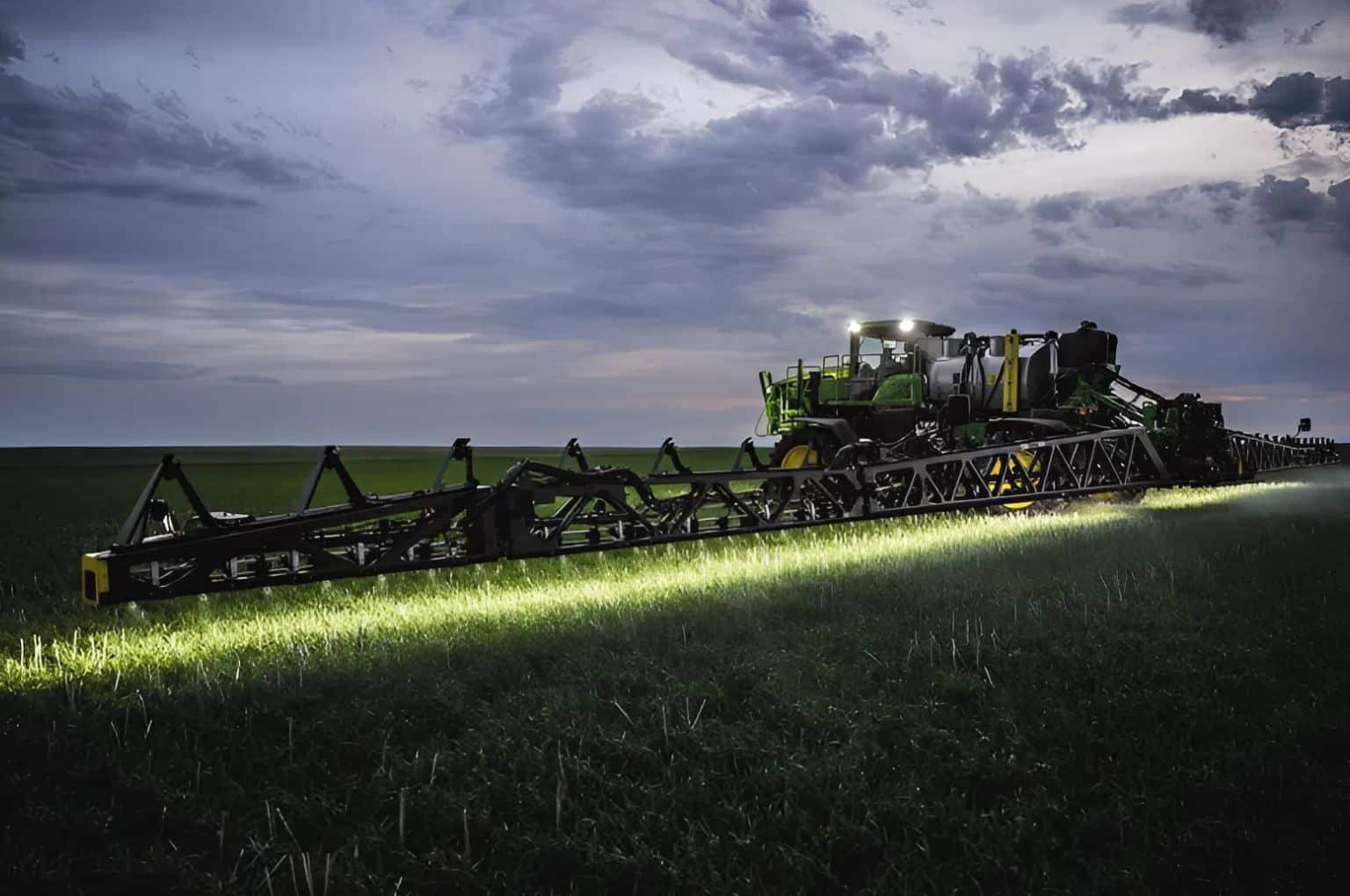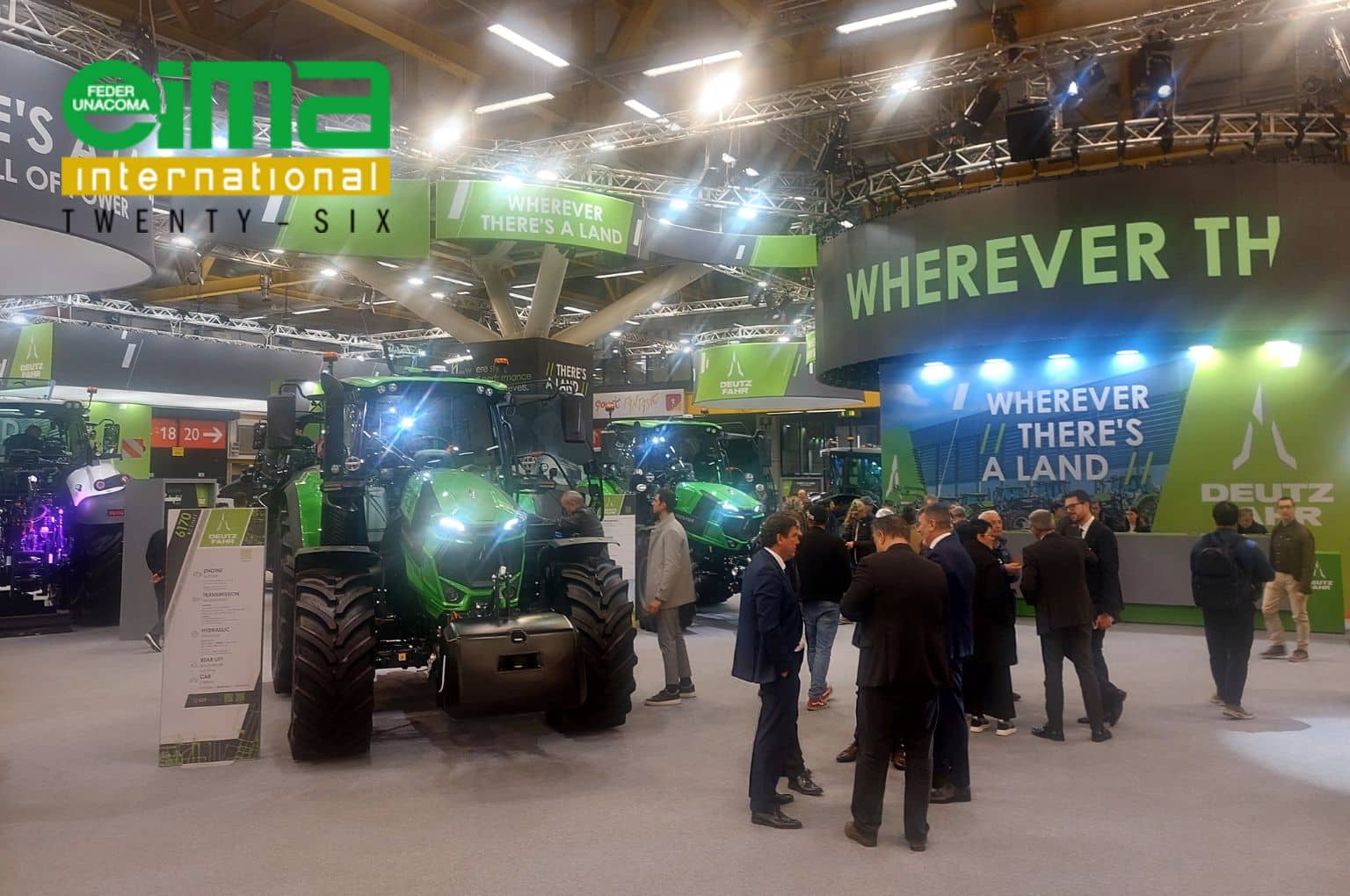As climate change continues to challenge global agriculture, regenerative farming is gaining traction as a practical and adaptable approach to building climate resilience. Agritechnica in Germany, this coming November, will spotlight regenerative agriculture as a key theme, with a dedicated expert program and international best-practice discussions.
Regenerative agriculture centers on improving soil health through reduced tillage, permanent soil cover, diverse crop rotations, and intensive cover cropping. These practices aim to stabilize soil functions, enhance carbon storage, and improve water retention, all factors critical for maintaining yields under increasingly variable weather conditions.
While there is no universally accepted definition of regenerative agriculture, its flexible framework allows farmers to adopt individual elements as part of a gradual transition. This adaptability makes it especially relevant in the face of EU regulations targeting reduced use of fertilizers and crop protection products.
“Regenerative agriculture has become a global priority,” says Dr. Bruno Görlach, Division Manager Crop Production and Field Operations, DLG. “Farmers around the world are looking for practical solutions to climate-related challenges, and regenerative practices offer a flexible, science-based approach. At DLG, we’ve already taken action in Germany by offering a classification guide to the subject. The spotlight on soil health at Agritechnica 2025 is a further step in informing international farmers about the potential of regenerative systems and supporting their transition with technical expertise and practical know-how.”
At Agritechnica 2025, the DLG Spotlight “Soil Health” is located in Hall 24 and the associated Expert Stage “Smart Efficiency” will feature international case studies and discussions on regenerative practices. Farmers, researchers, and industry leaders will explore how regenerative systems can align sustainability with productivity.
Events on regenerative agriculture will take place on November 11, 2025 in Hall 24. A panel discussion will feature international experts presenting best-practice examples from around the world and addressing the practical challenges of implementing regenerative farming systems.
DLG highlights five internationally recognized principles of regenerative agriculture: minimizing soil disturbance, maintaining permanent ground cover, practicing diverse crop rotations, keeping living roots in the soil year-round, and integrating livestock.
While these principles are not a DLG invention, the organization is actively promoting them through its expert programming and farmer outreach.



